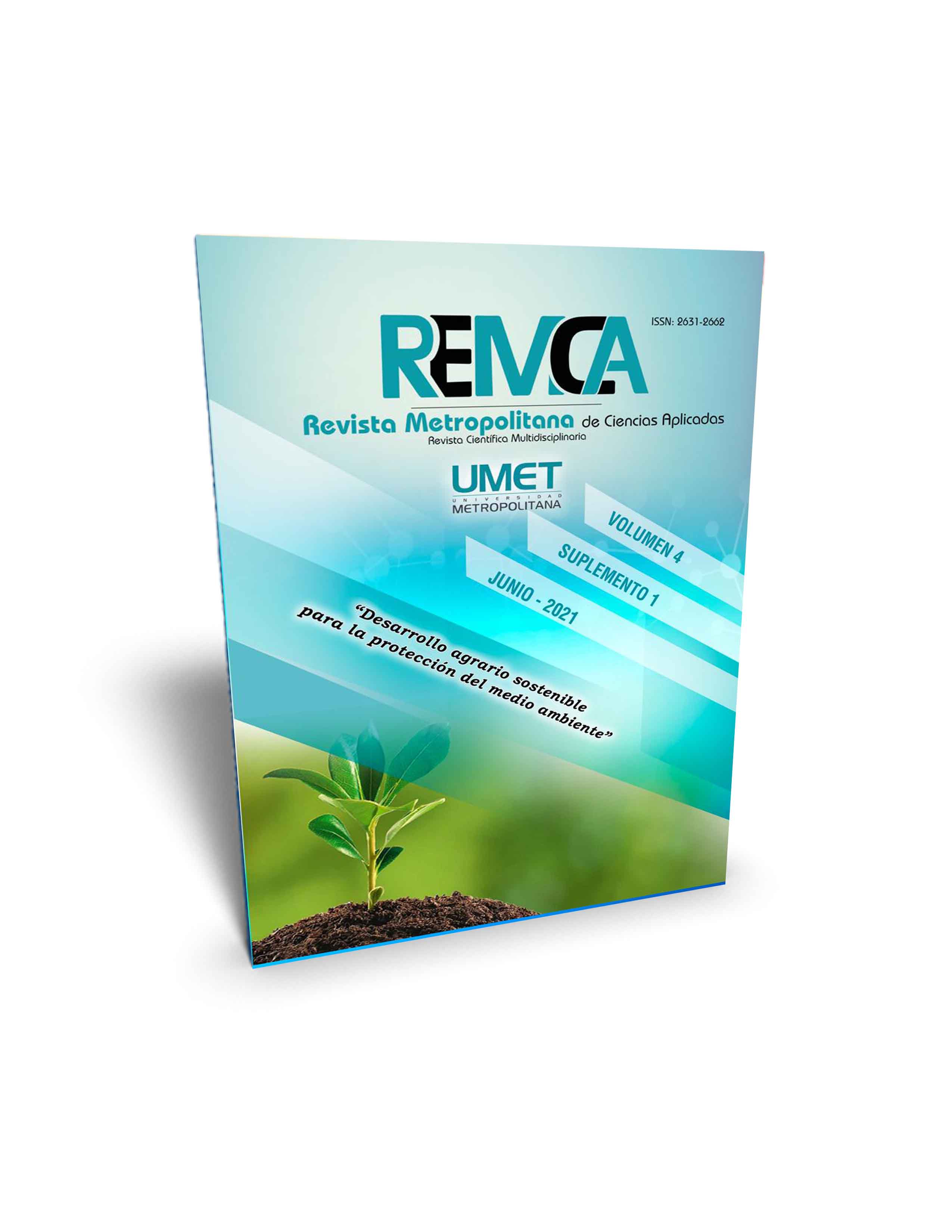Pro poverty tourism as an instrument of economic, social and cultural development in the province of El Oro
DOI:
https://doi.org/10.62452/7rw0am06Keywords:
Tourism for poverty, sustainable development, economic developmentAbstract
The objective of this article is to establish key factors that allow economic, social and cultural development in the province of El Oro through Pro-Poverty Tourism, being necessary to define in depth an analysis on the need to implement alternative options to strengthen and expand tourism, in order to create strategies that allow the growth of this activity in the province of El Oro, even more so when these modalities are articulated with the Sustainable Development Goals, for this the diverse behavior of people (tourists) was taken into account, through opinions , ideas and experiences lived in those places. Through the promotion of tourism, sources of income are created and over time it can become sustainable and sustainable development in the province. The research carried out is a non-experimental, descriptive transectional type, and it was also applied as a means of collecting information to the survey, in order to collect data from the study variables. The results made it possible to identify the behavior of tourists in terms of tourism, which served as the basis for proposing strategies that contribute to the development and implementation of Pro-Poverty Tourism in the province of El Oro.
Downloads
References
Barceló, B. (2018). Cómo se mide la pobreza. https://ayudaenaccion.org/ong/blog/solidaridad/como-se-mide-la-pobreza/
Capa, L., Sotomayor, J., & Vega, F. (2018). La Provincia de El Oro algunas consideraciones de los sectores productivos y empresariales. Editorial UTMACH.
Ecuador. Instituto Nacional de Estadística y Censos. (2018). Encuesta de Empleo, Desempleo y Subempleo, GEPH – ENEMDU. INEC. https://www.ecuadorencifras.gob.ec/enemdu-2018/
Espinoza Honores, D. O. (2016). Promoción y difusión turística para el desarrollo social de la parroquia morales. (Tesis de grado). Universidad Técnica de Machala.
Larriva, G., Hinojosa, J. P., & Gutiérrez, A. (2018). Buenas prácticas en el ecoturismo. Caso de estudio: provincia del Guayas, Ecuador. Revista Universidad y Sociedad, 10(1), 150-155.
Lazo Serrano, C. A., Bastidas, M. I., Aguilar, F. E., & Calle, M. P. (2017). La potencialidad turística y sus oportunidades de emprendimiento. Innova Research Journal, 2(8.1), 1-21.
Mehregan, N., & Akbari, A. (2012). Foreign Tourism and Human Development in Iran. International Proceedings of Economics Development & Research, (50), 15-19.
Molina, S., & Rodríguez, S. (2005). Planificacion Integral del turismo: Un enfoque para Latinoamerica. Trillas.
Monge, J., & Yague, R. (2016). El desarollo turistico sostenible. Tren crucero del Ecuador. Estudios y Perspectivas en Turismo, 25(1), 57-72.
Ortega Ramón, M., Vite Cevallos, H., & Carvajal Romero, H. (2020). Ecoturismo: Como factor clave para el desarrollo economico sostenible en la Provincia de El Oro. Revista Universidad y Sociedad, 12(S1), 317-323.
Tejedor, J. (2020). Impactos sociales y económicos de la pandemia del COVID-19 en Latinoamérica. Finanzas y Política Economía, 12(2), 329-334.
Vite, H., & Vargas, O. (2018). Ganadería de precisión en la provincia de El Oro. Diagnóstico situacional. Espirales. Revista Multidisciplinaria de Investigacion, 2(17). http://www.revistaespirales.com/index.php/es/article/view/263
Vite, H., Carvajal, H., & Townsend, J. (2020). Big Data e internet de las cosas. Universidad y Sociedad, 12(4), 192-200.
Downloads
Published
Issue
Section
License
Copyright (c) 2021 Eduardo Vivanco Granda, Harry Vite Cevallos, Héctor Carvajal Romero (Autor/a)

This work is licensed under a Creative Commons Attribution-NonCommercial-ShareAlike 4.0 International License.
Authors who publish in Revista Metropolitana de Ciencias Aplicadas (REMCA), agree to the following terms:
1. Copyright
Authors retain unrestricted copyright to their work. Authors grant the journal the right of first publication. To this end, they assign the journal non-exclusive exploitation rights (reproduction, distribution, public communication, and transformation). Authors may enter into additional agreements for the non-exclusive distribution of the version of the work published in the journal, provided that acknowledgment of its initial publication in this journal is given.
© The authors.
2. License
The articles are published in the journal under the Creative Commons Attribution-NonCommercial-ShareAlike 4.0 International License (CC BY-NC-SA 4.0). The terms can be found at: https://creativecommons.org/licenses/by-nc-sa/4.0/deed.en
This license allows:
- Sharing: Copying and redistributing the material in any medium or format.
- Adapting: Remixing, transforming, and building upon the material.
Under the following terms:
- Attribution: You must give appropriate credit, provide a link to the license, and indicate if any changes were made. You may do this in any reasonable manner, but not in any way that suggests the licensor endorses or sponsors your use.
- NonCommercial: You may not use the material for commercial purposes.
- ShareAlike: If you remix, transform, or build upon the material, you must distribute your creation under the same license as the original work.
There are no additional restrictions. You may not apply legal terms or technological measures that legally restrict others from doing anything the license permits.




